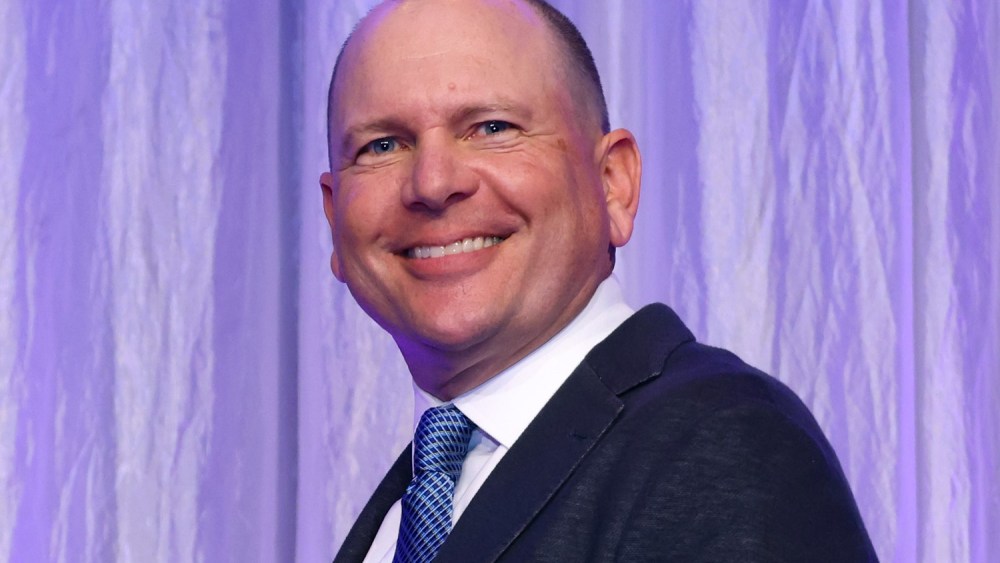Disney has resolved its differences with YouTube over the departure of Justin Connolly, the senior executive who currently oversees YouTube’s media and sports operations.
Connolly left Disney in May after 25 years with the company. Disney quickly sued YouTube for poaching, and also sued Connolly for breach of contract. According to the complaint, Connolly was just five months into a new three-year contract as president of platform distribution.
Disney’s lawyers filed a notice of settlement on Tuesday, but details of the settlement were not disclosed.
Connolly will be paid $6 million in 2024, making him one of the highest-paid Disney executives. He oversaw a team of 300 people responsible for content distribution agreements with cable and satellite providers, streaming services, and YouTube TV. He reported to Jimmy Pitaro, Dana Walden and Alan Bergman, and then to Disney CEO Bob Iger.
Disney said Connolly’s departure comes at a critical time when the company was in the midst of a $1 billion license renewal negotiation with YouTube, with Connolly as lead negotiator. Disney argued that Mr. Connolly was effectively turning over and would bring a wealth of inside knowledge of Disney’s strategy to negotiations.
(For now, those negotiations appear to be stalled; last week Disney warned customers that their programming could be immediately removed from YouTube TV if no agreement is reached.)
Disney also worried that Connolly’s inside information about ESPN’s solvency could put Disney at a competitive disadvantage as YouTube competes directly with ESPN for sports rights.
Connolly said he was personally warned by Iger and other executives that Disney would try to block his move to YouTube.
YouTube argued in court that Connolly was barred from all negotiations with Disney and was required to abide by confidentiality obligations to Disney. YouTube’s lawyers also suggested that Disney was merely trying to use its claims about Mr. Connolly’s services as leverage in license renewal negotiations, and that it was trying to facilitate negotiations by offering to release Mr. Connolly from his obligations once the negotiations were completed.
YouTube also argued that Connolly’s contract was at-will in nature and not a fixed-term contract, as Disney did not have to pay the remainder of the contract unless it was released and retained the right to terminate Connolly at any time.
In June, Judge James Chalfant denied Disney’s request for a restraining order to prevent Connolly from working for YouTube. The judge found that Disney failed to demonstrate the necessary exigent circumstances and that it was unlikely to succeed on the merits.
Connolly told the court that he was grateful for the opportunities he had at Disney and was “not surprised, but saddened, that Disney filed a lawsuit against me.”
“All I want is to pursue my dream job on YouTube,” he said. “And I hope that Disney will eventually recover from its disappointment over my departure and that I will be able to restore relationships with many of my colleagues at Disney.”

